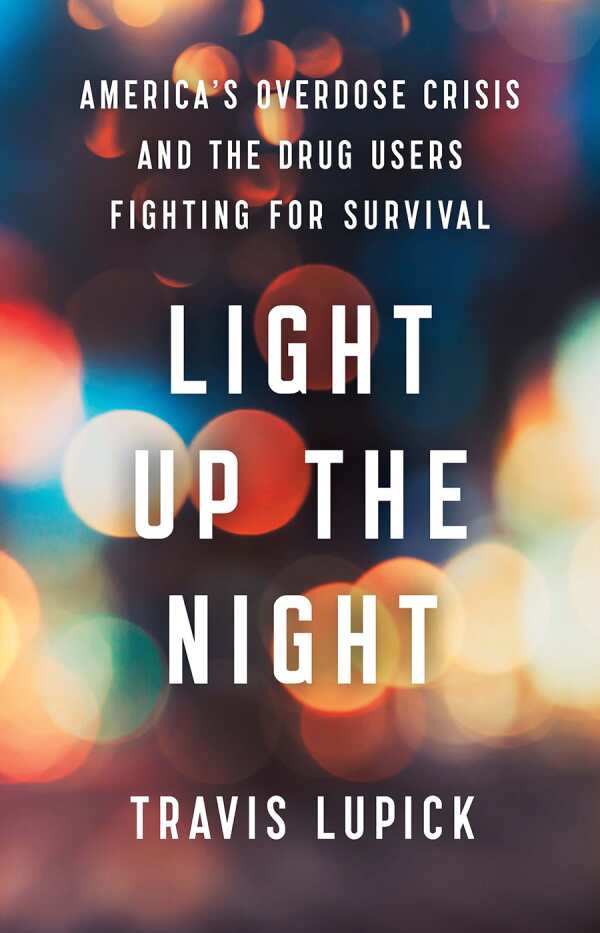Light Up the Night
America’s Overdose Crisis and the Drug Users Fighting for Survival
Travis Lupick’s Light Up the Night takes a compassionate look at the US’s drug overdose crisis and those working to address it.
Two visionary reformers who themselves wrestled with drug addiction, Louise and Jess, are at the center of this account. Telling details capture and humanize their struggles with heroin and other opioids: about the events that first led them to drugs; about their work toward sobriety; about their professional breakthroughs and mentors; and about the barriers imposed by unenlightened public policies. Still, the women fought through crippling physical pains and emotional losses, and both now work to empower others and improve conditions for drug users as part of the harm reduction movement.
Lupick shows that the “war on drugs,” fought by convicting and incarcerating drug users and dealers, is part of the problem. It drives drug users into hiding and limits their access to quality health care, supportive communities, meaningful work, and life-saving treatments. These punitive policies end up increasing the rate of overdoses and encouraging shifts to more dangerous, cheaper-to-produce drugs like fentanyl.
Harm reduction advocates know that drug use does not have to devolve into overdoses or “chaotic use”: if drug users are treated with respect, given access to clean needles, instructed on safer practices, and surrounded by inclusive communities, a middle way is possible. Examples of success come from other nations and a handful of communities in the US that are putting such progressive ideas into practice.
Named for a 2018 march in New Orleans that helped to galvanize the harm reduction movement, Light Up the Night illuminates the controversial, complex topic of drug use and the American overdose crisis with power, conviction, and hope.
Reviewed by
Kristen Rabe
Disclosure: This article is not an endorsement, but a review. The publisher of this book provided free copies of the book to have their book reviewed by a professional reviewer. No fee was paid by the publisher for this review. Foreword Reviews only recommends books that we love. Foreword Magazine, Inc. is disclosing this in accordance with the Federal Trade Commission’s 16 CFR, Part 255.

